
Discover the Untamed Beauty of Casamance
Casamance, located in the southern region of Senegal, is a hidden gem known for its lush landscapes, vibrant culture, and serene beaches. This region, separated from the rest of Senegal by The Gambia, offers a unique blend of natural beauty and rich traditions. With its tropical climate, Casamance is a paradise for nature lovers and adventure seekers alike. The region is home to the Casamance River, which winds through dense mangrove forests and picturesque villages. The river provides opportunities for boating and fishing, while the surrounding forests are perfect for hiking and bird-watching. The beaches of Cap Skirring, with their pristine sands and clear waters, are ideal for relaxing and enjoying water sports. Casamance is also known for its diverse and vibrant culture. The Diola people, who are the predominant ethnic group in the region, are known for their rich traditions, music, and dance. Visitors can experience local festivals, markets, and traditional ceremonies, gaining a deeper understanding of the local way of life. The warm hospitality of the Casamance people makes every visitor feel welcome and at home.
Local tips in Casamance
- Visit during the dry season from November to April for the best weather and outdoor activities.
- Try the local cuisine, especially the seafood dishes which are fresh and delicious.
- Respect local customs and traditions, especially when visiting villages and attending ceremonies.
- Hire a local guide to explore the mangrove forests and learn about the diverse flora and fauna.
- Ensure you have appropriate vaccinations and health precautions before traveling to the region.
Discover the Untamed Beauty of Casamance
Casamance, located in the southern region of Senegal, is a hidden gem known for its lush landscapes, vibrant culture, and serene beaches. This region, separated from the rest of Senegal by The Gambia, offers a unique blend of natural beauty and rich traditions. With its tropical climate, Casamance is a paradise for nature lovers and adventure seekers alike. The region is home to the Casamance River, which winds through dense mangrove forests and picturesque villages. The river provides opportunities for boating and fishing, while the surrounding forests are perfect for hiking and bird-watching. The beaches of Cap Skirring, with their pristine sands and clear waters, are ideal for relaxing and enjoying water sports. Casamance is also known for its diverse and vibrant culture. The Diola people, who are the predominant ethnic group in the region, are known for their rich traditions, music, and dance. Visitors can experience local festivals, markets, and traditional ceremonies, gaining a deeper understanding of the local way of life. The warm hospitality of the Casamance people makes every visitor feel welcome and at home.
When is the best time to go to Casamance?
Iconic landmarks you can’t miss
French Alliance of Ziguinchor
Explore the cultural heartbeat of Ziguinchor at the French Alliance, where art, language, and community come together in vibrant harmony.
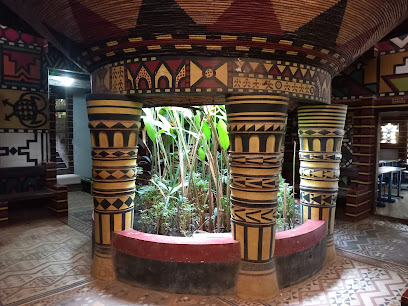
Club Med Cap Skirring - Senegal
Discover the perfect blend of relaxation and adventure at Club Med Cap Skirring, Senegal's premier resort hotel nestled along picturesque beaches.
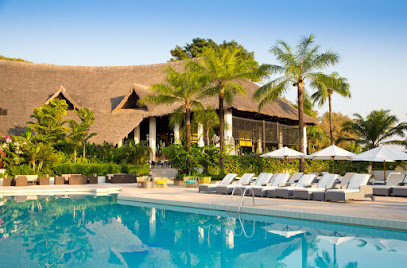
Ziguinchor Airport (ZIG)
Explore the captivating Casamance region through Ziguinchor Airport, your gateway to stunning landscapes and vibrant cultures in southern Senegal.
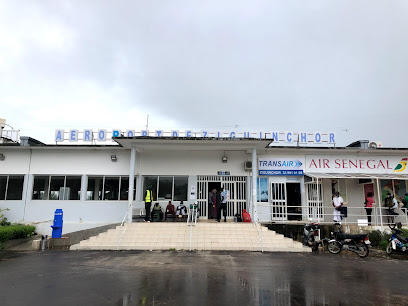
NO PANIK (Ex Double Clic )
Discover the electrifying nightlife at NO PANIK, Ziguinchor's premier night club, where vibrant music and great company create unforgettable nights.
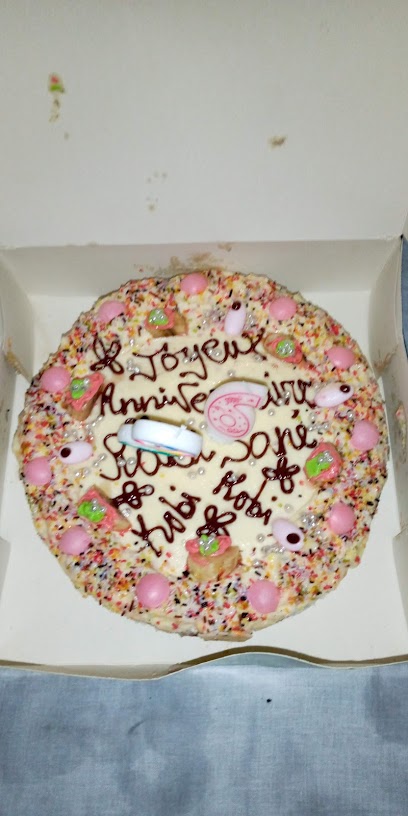
Auberge Casafrique
Experience authentic Senegalese hospitality at Auberge Casafrique in Ziguinchor, where comfort meets culture for an unforgettable stay.
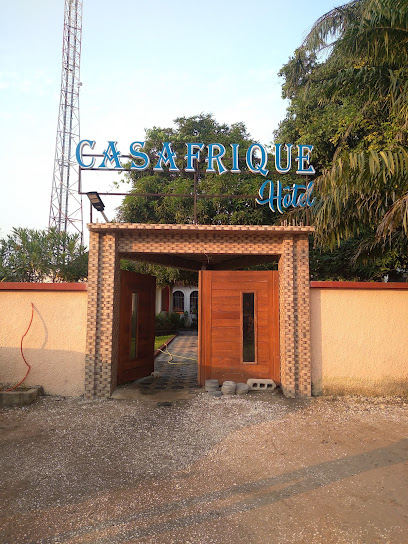
La case Bambou
Discover the vibrant nightlife of Cap-Skirring at La Case Bambou, where local flavors and a lively atmosphere await you.
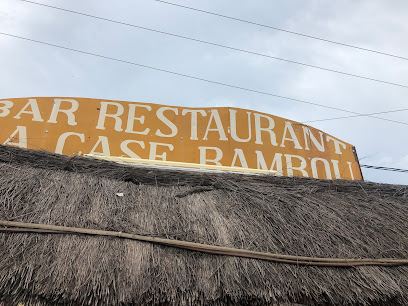
Campement de l'île d'Egueye
Campement de l'île d'Egueye: A serene retreat in Senegal's mangroves, where adventure meets tranquility for an unforgettable escape into nature.
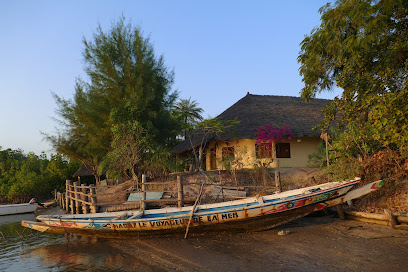
Casamance VTT
Discover the breathtaking landscapes of Casamance with unforgettable cycling tours at Casamance VTT, where adventure meets cultural immersion.
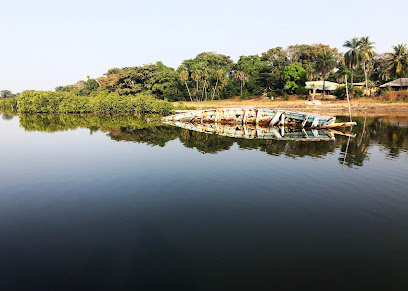
Campement Villageois D'Elinkine
Experience the perfect blend of nature and culture at Campement Villageois D'Elinkine, a serene retreat in Elinkin, Senegal.

Camping Casamance
Discover the tranquil beauty of Camping Casamance in Ziguinchor, where adventure meets relaxation in the heart of nature.

Carabane
Experience the serene beauty and rich history of Carabane Island, a hidden gem in Senegal's Atlantic waters, perfect for relaxation and exploration.
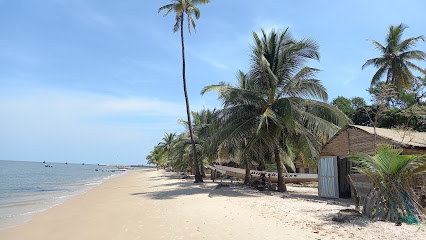
Akine Dyioni Lodge
Discover tranquility and authentic Senegalese hospitality at Akine Dyioni Lodge, your perfect getaway in Diembéreng.

Natur-ubuntu
Discover the serene beauty of Kafountine at Natur-ubuntu, where comfort meets local charm in a tranquil retreat.
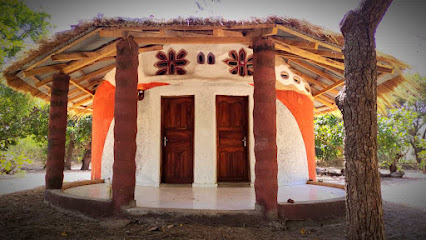
Campement Le Lamantin
Experience the perfect blend of adventure and relaxation at Campement Le Lamantin in the heart of Casamance, Senegal.
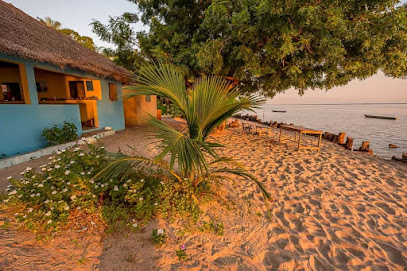
Campement LA CASAMANCE (ex. Alulum)
Experience the tranquility of Campement LA CASAMANCE in Oussouye, a serene hotel blending natural beauty with authentic Senegalese culture.

Unmissable attractions to see
Rond-point Bélal Ly
Experience the vibrant energy of Rond-point Béla Ly, a cultural hub in Ziguinchor, showcasing the essence of Senegalese life.
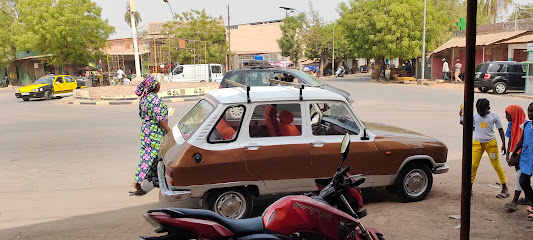
Paterne cajou
Explore the serene beauty of Paterne Cajou in Oussouye, a must-visit tourist attraction for nature lovers and culture enthusiasts.
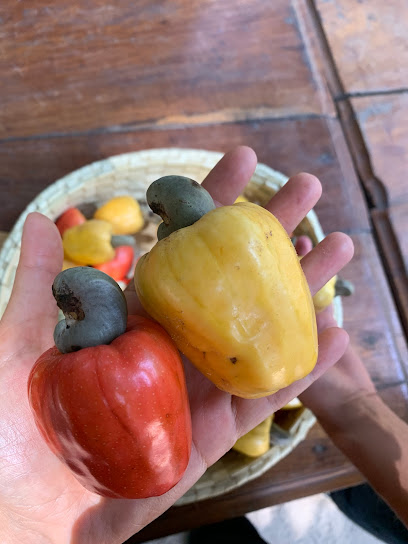
AfroCult cultuur reizen
Explore the vibrant culture and traditions of Senegal at AfroCult Cultuur Reizen in Abéné, a must-visit tourist attraction for cultural enthusiasts.
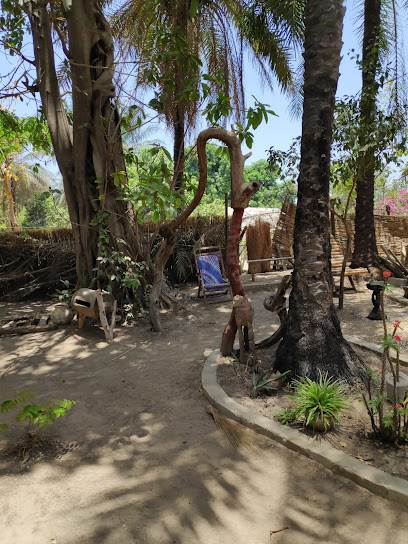
Abene
Experience the vibrant culture and stunning landscapes of Abene, a hidden gem in Senegal's Casamance region, perfect for adventurous travelers.
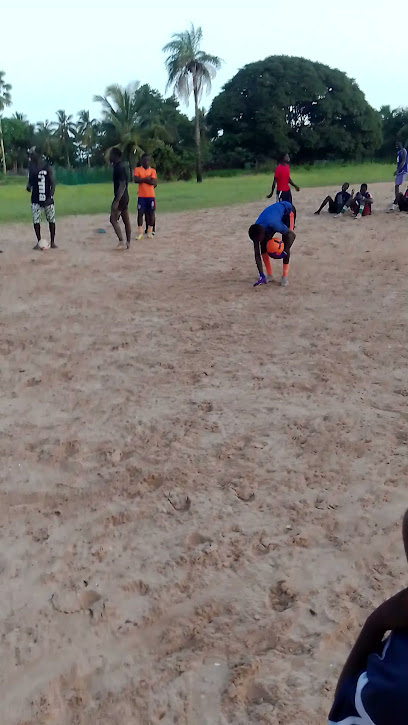
Douwa Bantang
Explore Douwa Bantang - A cultural gem in Sedhiou, Senegal showcasing local arts, stunning views, and warm hospitality.
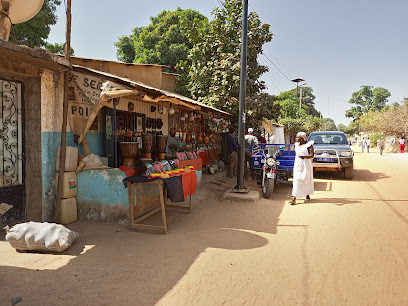
CASAMANCE ENCHANTEE
Explore the natural beauty and rich culture of Casamance Enchantée in Cap Skirring, a hidden gem on the Senegalese coast, perfect for nature lovers and culture seekers alike.
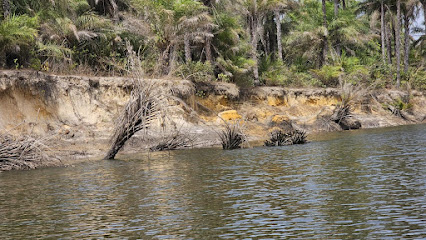
Kounankine
Explore Kounankine, an enchanting tourist attraction in Diannah, showcasing Senegal's vibrant culture and breathtaking natural beauty.
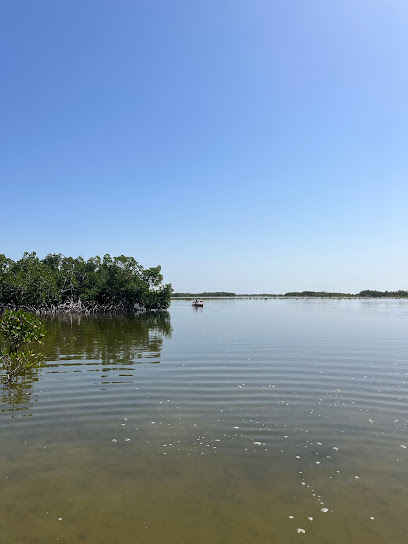
GUENOTO
Experience the tranquility and cultural richness of GUENOTO, a serene tourist attraction in Neteboulou, perfect for nature lovers and cultural explorers alike.
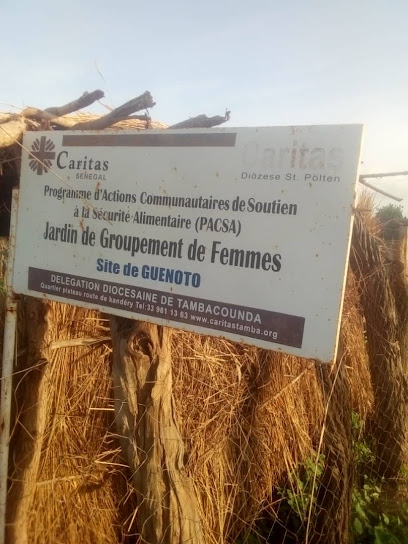
Vacas Point
Experience the tranquility and beauty of Vacas Point, a hidden paradise on Senegal's stunning Cap Skirring coastline, perfect for relaxation and adventure.
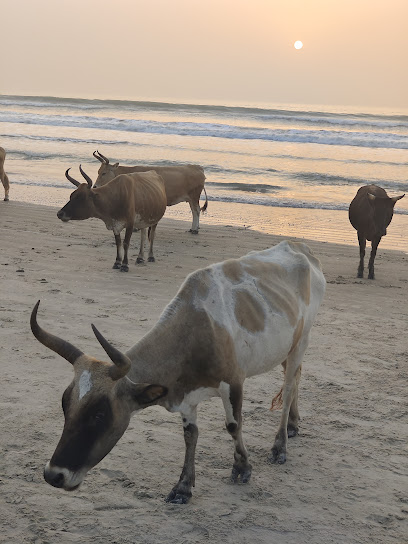
Kalunai
Discover the enchanting beauty and rich cultural heritage of Kalunai, a hidden treasure in Senegal that promises unforgettable experiences.

MARCHE DE KABILINE 2
Explore the vibrant local life and rich culture at Marche de Kabiline, a must-visit market in Kabiline, Senegal.
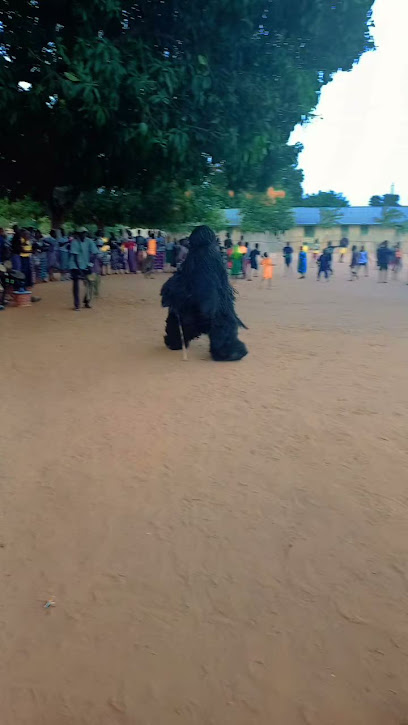
Débarcadère
Discover the breathtaking hiking trails and serene natural beauty of Démarcadère in Ziguinchor, a true outdoor paradise in Senegal.
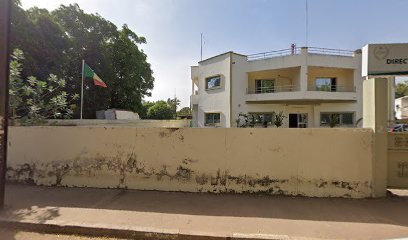
Bissari
Discover the cultural richness and stunning landscapes at Bissari Diosson, a hidden gem in Senegal perfect for every adventurous traveler.

Kalissaye Avifaunal Reserve
Explore the serene Kalissaye Avifaunal Reserve, a birdwatcher's paradise in Nissi, where nature's beauty unfolds in vibrant avian life.
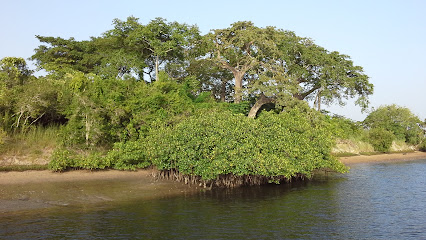
Bouréme Beuriteu
Discover the hidden beauty and cultural richness of Bourème Beuriteu, a captivating tourist attraction in Tionck Essil, Senegal.

Essential places to dine
Le Kassa Restaurant
Discover the authentic flavors of Senegal at Le Kassa Restaurant in Ziguinchor, where every meal is a celebration of culinary heritage.
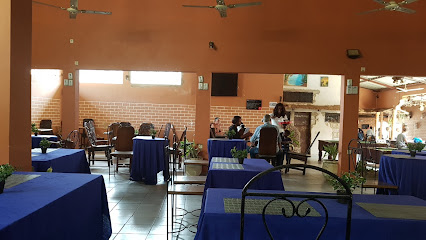
Restaurant Le Kangoulenne
Experience authentic Senegalese flavors at Restaurant Le Kangoulenne in Ziguinchor – where culinary tradition meets warm hospitality.
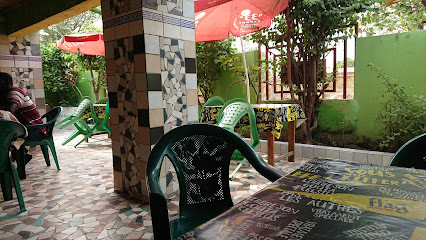
Le Régal
Experience authentic Senegalese flavors at Le Régal in Cap Skirring – where every dish is a celebration of local culinary heritage.
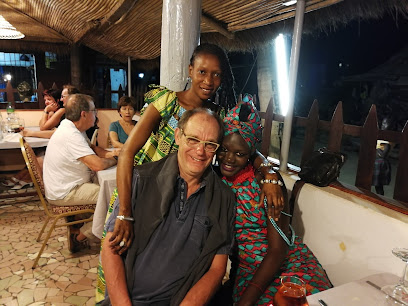
Makari
Experience authentic Senegalese flavors at Makari in Ziguinchor - where culinary tradition meets warm hospitality.
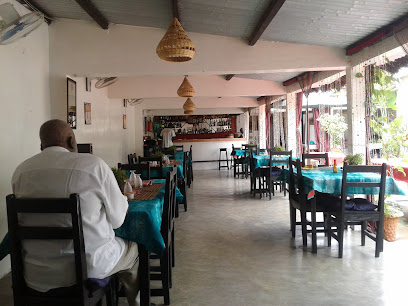
Hôtel - Restaurant du Bar de la Mer
Discover exquisite dining and serene accommodations at Hôtel - Restaurant du Bar de la Mer in scenic Kabrousse, Senegal.
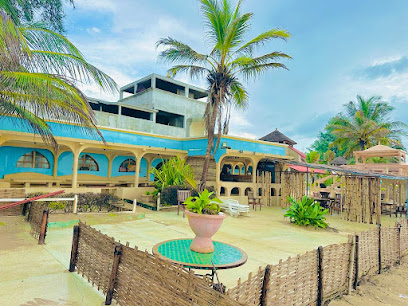
Restaurant La Diaspora
Experience authentic Senegalese cuisine at Restaurant La Diaspora in Cap Skirring - where vibrant flavors meet cultural richness.
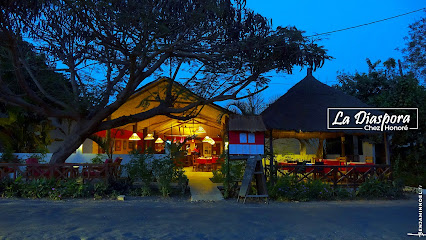
Le petit Gourmet
Discover culinary delights at Le Petit Gourmet in Cap Skirring - where local flavors meet international cuisine in a charming garden setting.
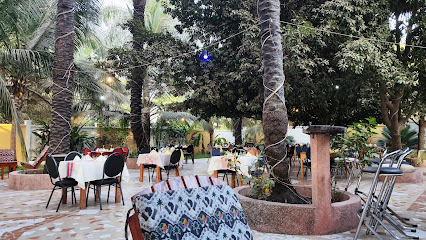
La cabane sauvage
Experience authentic Senegalese cuisine at La Cabane Sauvage, where every dish tells a story amidst stunning surroundings.
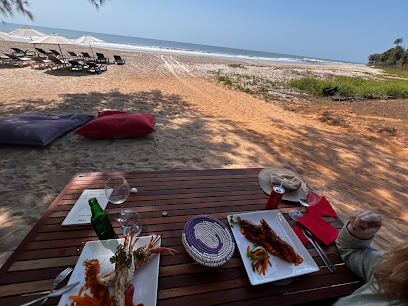
Saveurs du Sud
Experience authentic Senegalese cuisine at Saveurs du Sud in Ziguinchor – where every dish tells a story.
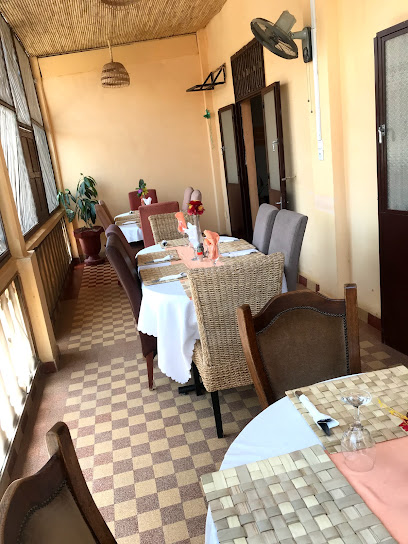
Restaurant Boudody
Discover culinary bliss at Restaurant Boudody, where fresh seafood meets stunning beach views in Cap Skirring.
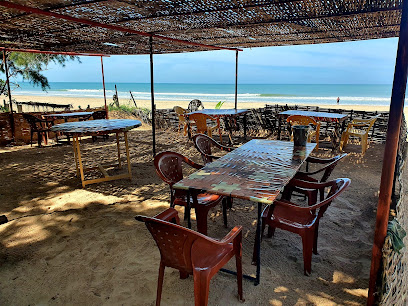
Esperanto Lodge
Discover Esperanto Lodge: where culinary excellence meets coastal tranquility in Kafountine, Senegal.

Chez Cathy - Bar Resto Fast Food
Discover authentic Senegalese flavors at Chez Cathy in Kafountine - where delicious fast food meets local hospitality.
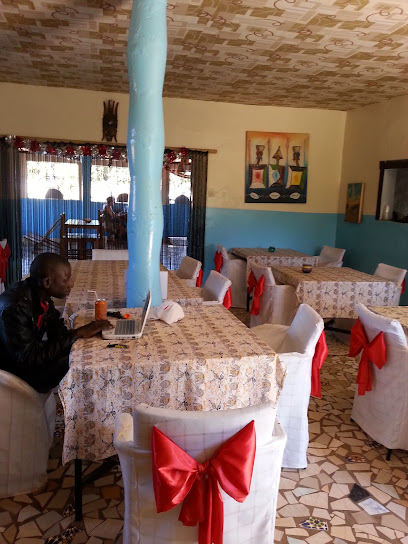
Le Biarritz
Discover Le Biarritz in Cap Skirring - where local flavors meet a warm ambiance for an unforgettable dining experience.
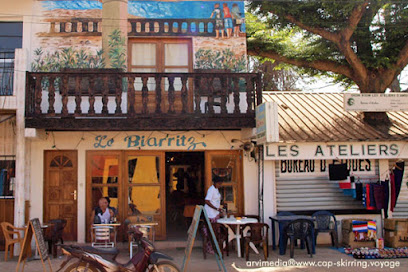
Couleur Cafe
Experience authentic Senegalese flavors at Couleur Cafe in Kafountine – a must-visit restaurant for every traveler.

Le Relax
Experience authentic Senegalese cuisine at Le Relax in Kafountine – where flavors meet culture in a vibrant dining setting.
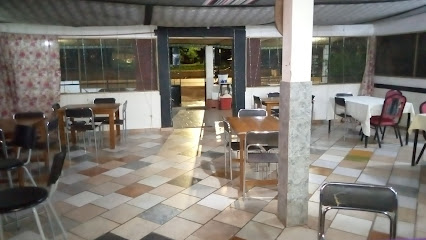
Markets, malls and hidden boutiques
CBS TECH
Discover cutting-edge electronics at CBS TECH in Ziguinchor, where technology meets local culture in a vibrant shopping experience.
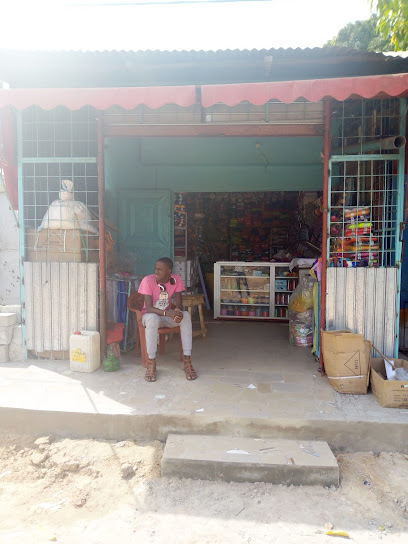
Supérette achat castor
Explore the heart of Ziguinchor at Supérette Achat Castor, your local hub for fresh produce and everyday essentials.
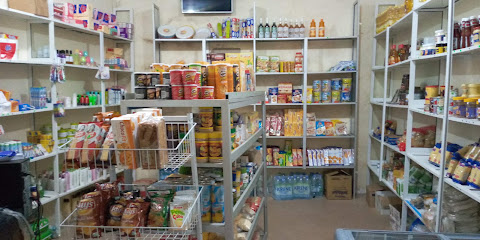
BOUBOU TECH SYSTEM
Discover Boubou Tech System in Ziguinchor - your go-to destination for tech support, creative services, and local cultural experiences.
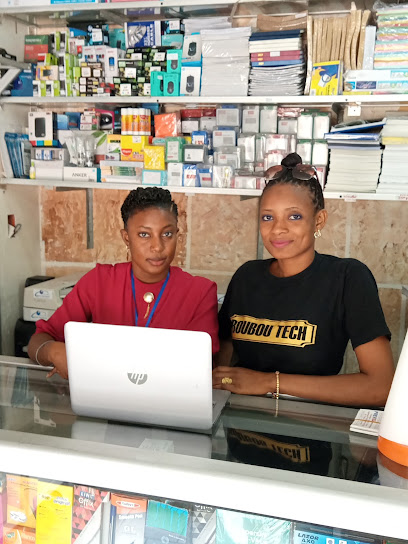
济金绍尔_ziguinchor
Explore Ziguinchor: A vibrant grocery store offering fresh produce, local delicacies, and a glimpse into the heart of Senegalese culture.
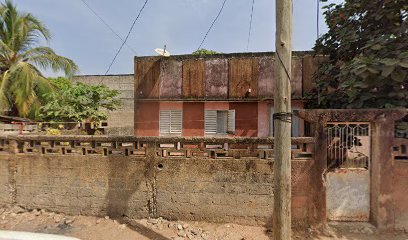
Khalifa VIP shop
Discover unique women's fashion at Khalifa VIP Shop in Ziguinchor's vibrant Marché tiléne, where style meets local craftsmanship.
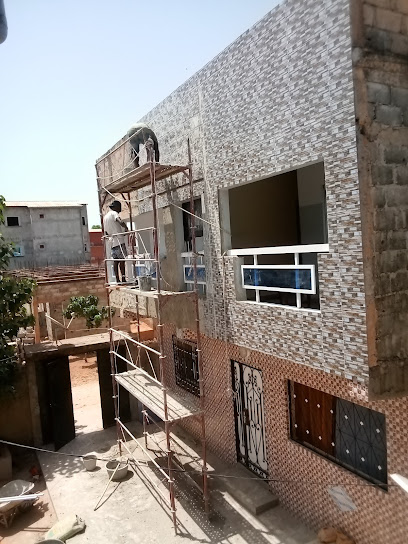
Fruits
Explore the vibrant fruit market in Ziguinchor, a must-visit destination for a taste of Senegalese culture and freshness.
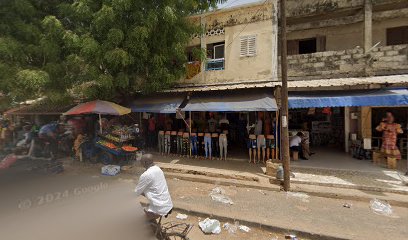
MDS ZIG
Explore MDS ZIG in Ziguinchor for top-notch electronics and gadgets to enhance your travel experience in Senegal.
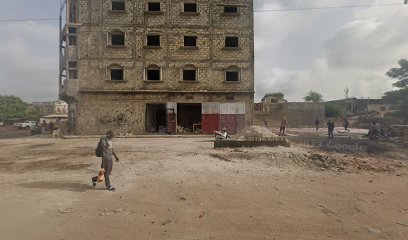
Bocandé Transfert Multi Service
Explore top-notch computer products and services at Bocandé Transfert Multi Service in Ziguinchor, the tech hub for travelers and locals alike.
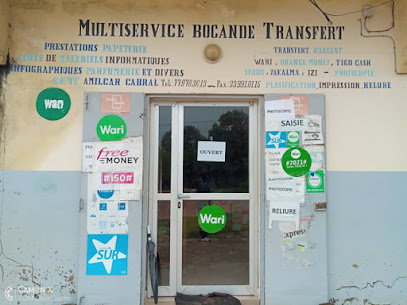
Chez mica
Discover the latest technology at Chez Mica, a premier computer store in Ziguinchor, where modern gadgets meet local charm.
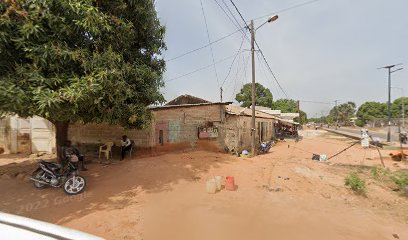
Carrefour djakarta
Experience the vibrant local culture at Carrefour djakarta, Ziguinchor's premier shopping destination with unique local products.
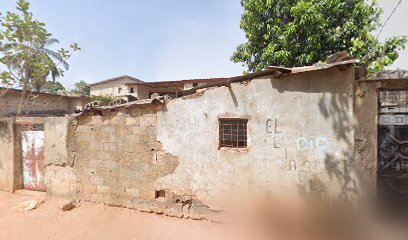
Ets Sope Serigne Fallou
Discover Ets Sope Serigne Fallou, Ziguinchor's lively shopping mall, blending local culture with modern shopping and dining experiences.
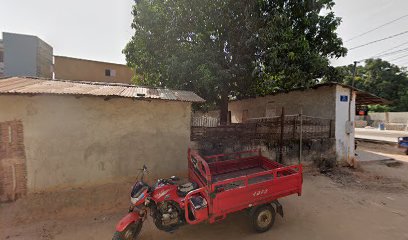
Diabis
Explore Diabis in Ziguinchor for a unique shopping experience that showcases the rich culture and creativity of Senegal.
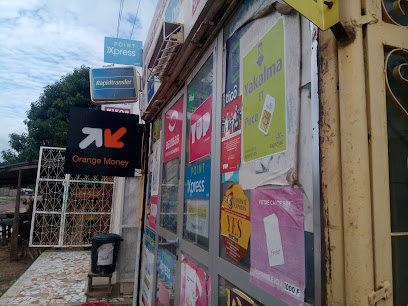
Saloum téléphone sall et frères
Explore Saloum Téléphone Sall et Frères, a delightful magazine store in Ziguinchor, where local culture and diverse reading materials converge.
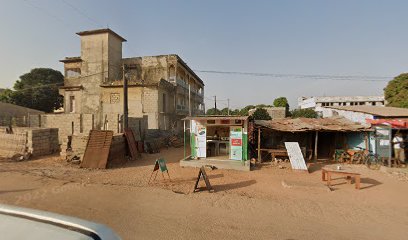
Diadji Creation
Explore Diadji Creation in Ziguinchor for an unforgettable shopping experience filled with unique local and contemporary fashion finds.
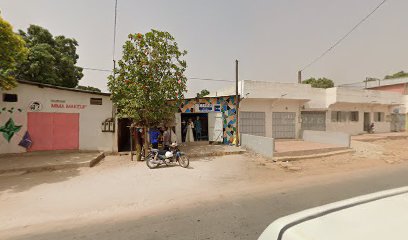
Supreme Shop wear
Explore the vibrant styles and unique fashion offerings at Supreme Shop Wear, a must-visit clothing store in Ziguinchor, Senegal.
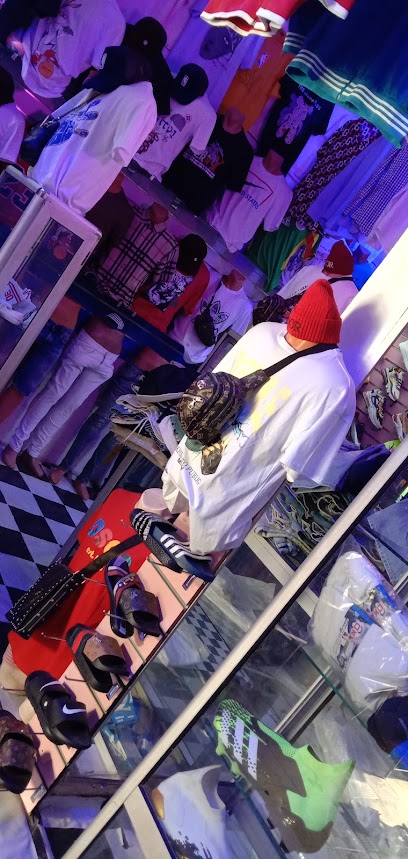
Essential bars & hidden hideouts
NEMA BAR
Experience the vibrant nightlife at NEMA BAR in Ziguinchor, where locals and tourists gather for drinks, music, and great company.
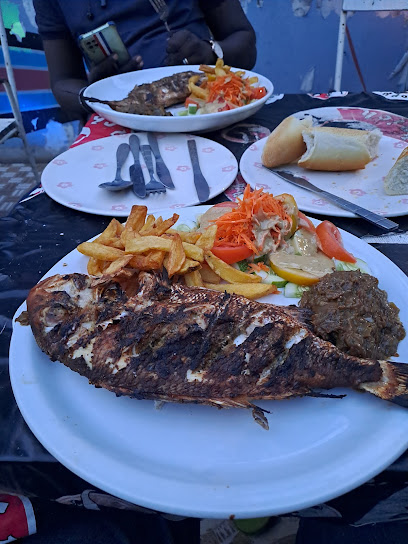
Bar Resto Le Moulin Rouge
Visit Bar Resto Le Moulin Rouge in Ziguinchor for an unforgettable night of drinks, music, and vibrant local culture.
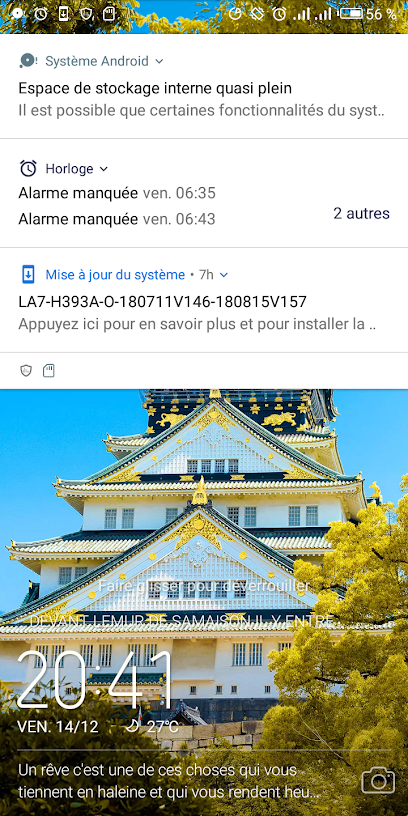
Chez Daggi
Experience the vibrant spirit of Ziguinchor at Chez Daggi, a lively bar offering affordable drinks and a taste of local culture.
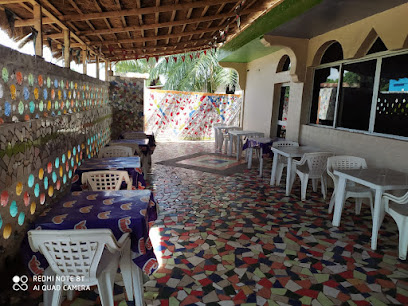
DAPOKINE BAR
Discover Dapokine Bar in Ziguinchor – where vibrant nightlife meets a warm local atmosphere, perfect for relaxation and socializing.
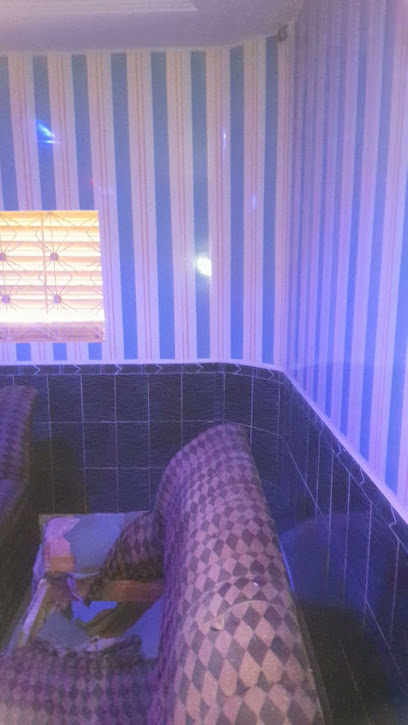
Bar Mané
Experience the vibrant spirit of Ziguinchor at Bar Mané, where local drinks and culture come together in a lively atmosphere.
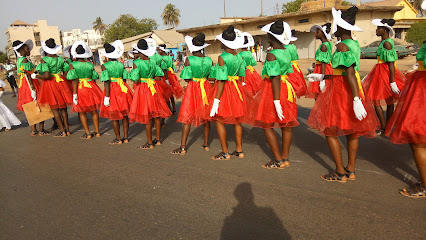
Walkunda Bar and Salon de The
Experience the vibrant atmosphere and refreshing drinks at Walkunda Bar and Salon de The, a must-visit spot in Ziguinchor for relaxation and enjoyment.
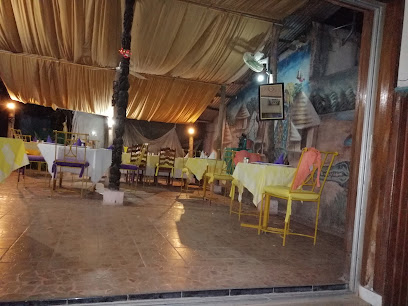
Bar Resto Chez King, Ziguinchor
Discover the vibrant culture and delicious cuisine at Bar Resto Chez King in Ziguinchor, a perfect blend of local flavor and lively atmosphere.
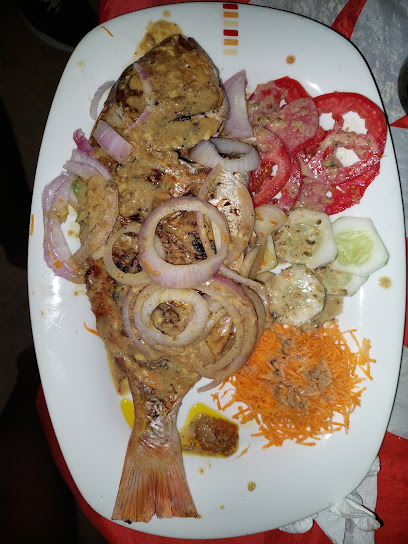
Santiago Bar
Discover the vibrant atmosphere of Santiago Bar in Ziguinchor, where locals and tourists come together over drinks and live music.
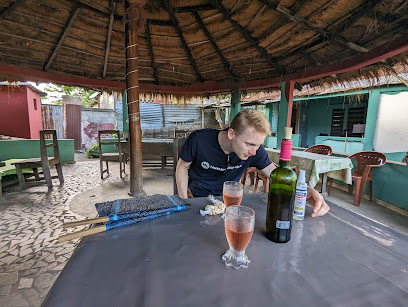
Dapokinne
Experience the vibrant nightlife of Ziguinchor at Dapokinne, a lively bar offering local flavors and a welcoming atmosphere.
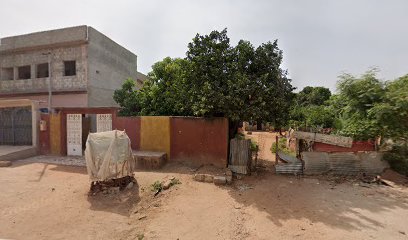
Palmier bar
Discover the lively ambiance and local flavors at Palmier Bar in Ziguinchor, where every drink tells a story.
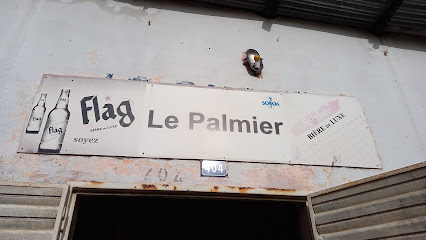
Bar resto la Terasse
Discover the vibrant atmosphere and local flavors at Bar Resto La Terasse, Ziguinchor's go-to bar for tourists and locals alike.
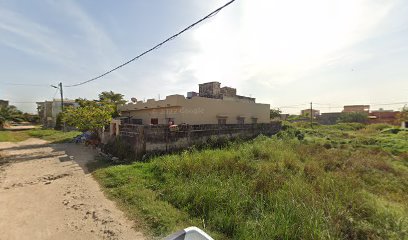
Bar LE BAOBAB
Discover the lively ambiance of Bar LE BAOBAB in Ziguinchor, where local culture and refreshing drinks combine for an unforgettable experience.
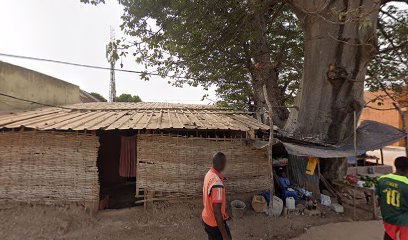
Amadou Tidiane Deye
Experience the vibrant local nightlife at Amadou Tidiane Deye, a must-visit bar in Ziguinchor filled with culture and camaraderie.
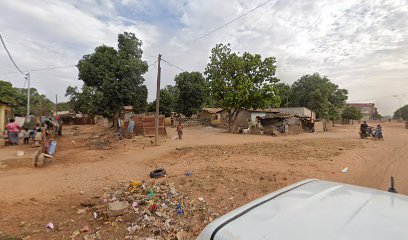
Barre
Experience the vibrant nightlife of Ziguinchor at Barre, a cozy bar offering local drinks and a welcoming atmosphere.

Local Phrases about Casamance
-
- HelloSalamalekum
[sa-la-ma-le-kum] - GoodbyeBa bëkk
[ba-bek] - YesWaaw
[waaw] - NoDéedét
[de-deet] - Please/You're welcomeNopp
[nop] - Thank youJërejëf
[je-re-jef] - Excuse me/SorryNopp
[nop] - How are you?Nanga def?
[nan-ga def] - Fine. And you?Jamm. Nopp
[jam nop] - Do you speak English?Bégg naa ëngels?
[beg naa en-gels] - I don't understandDéedét akk ñuul
[de-deet ak nyuul]
- HelloSalamalekum
-
- I'd like to see the menu, pleaseDégg naa menyu, nopp
[deg naa men-yu nop] - I don't eat meatDéedét akk jël
[de-deet ak jel] - Cheers!Baanj
[baanj] - I would like to pay, pleaseDégg naa sëndi, nopp
[deg naa sen-di nop]
- I'd like to see the menu, pleaseDégg naa menyu, nopp
-
- Help!Nopp!
[nop] - Go away!Nopp!
[nop] - Call the Police!Dëgg ak polis!
[deg ak po-lis] - Call a doctor!Dëgg ak dokteer!
[deg ak dok-ter] - I'm lostDéedét akk neex naa
[de-deet ak nexe naa] - I'm illDéedét akk way
[de-deet ak way]
- Help!Nopp!
-
- I'd like to buy...Dégg naa xarit...
[deg naa kha-rit] - I'm just lookingDégg naa fëkk
[deg naa fek] - How much is it?Ñeen la yàpp?
[nyen la yap] - That's too expensiveÑu laa ngiy fii
[nu la nyee fee] - Can you lower the price?Mangi laa neex?
[man-gi la nexe]
- I'd like to buy...Dégg naa xarit...
-
- What time is it?Wàñu sàpp?
[wa-nyu sap] - It's one o'clockYàpp benn juroom
[yap ben ju-room] - Half past (10)Ndimbal xëyëm (10)
[ndim-bal khe-yem (10)] - MorningKër gi
[ker gee] - AfternoonKër di
[ker dee] - EveningKër bët
[ker bet] - YesterdayNgoon naa
[ngoon naa] - TodayNopp
[nop] - TomorrowBukk naa
[buk naa] - 1Bëjje
[be-jje] - 2Ndeey
[ndey] - 3Uga
[uga] - 4Nëgg
[negg] - 5Juróom
[ju-room] - 6Jëkkër
[je-kker] - 7Njëtt
[nyett] - 8Ñett
[nyett] - 9Sëkkër
[sek-ker] - 10Fukk
[fukk]
- What time is it?Wàñu sàpp?
-
- Where's a/the...?Ko wàñu...?
[ko wa-nyu] - What's the address?Xaalis yi wàñu?
[khaa-lis yi wa-nyu] - Can you show me (on the map)?Mangi laa neex (sir ñëw)?
[man-gi la nexe sir nyew] - When's the next (bus)?Ñu wàñu ndëmm?
[nu wa-nyu ndem] - A ticket (to ....)Xarit bëgg...
[kha-rit beg]
- Where's a/the...?Ko wàñu...?
History of Casamance
-
Before the arrival of European powers, Casamance was home to diverse ethnic groups, including the Jola, Mandinka, and Fula people. These communities lived in small, self-sufficient villages with complex social structures and rich cultural traditions. The region's dense forests and river systems facilitated trade and communication among these groups, fostering a vibrant and interconnected society.
-
The Portuguese were among the first Europeans to arrive in Casamance in the 15th century, attracted by the region's strategic location and resources. They established trading posts, introducing new goods and ideas to the local population. In the 19th century, the French colonized Senegal, including Casamance, integrating it into French West Africa. The French imposed new administrative structures, exploited local resources, and introduced Christianity, significantly impacting the region's social and economic landscape.
-
Since the 1980s, Casamance has been the site of a low-intensity separatist conflict. The Movement of Democratic Forces of Casamance (MFDC) has sought independence from Senegal, citing historical grievances and cultural differences. The conflict has led to periods of violence and instability, affecting the lives of many residents. Despite several peace agreements, including a significant one in 2004, occasional clashes and political tensions persist.
-
Casamance is renowned for its rich cultural heritage, deeply rooted in the traditions of its diverse ethnic groups. The Jola people, in particular, are known for their intricate rituals, music, and dance. One of the most notable festivals is the initiation ceremony, known as 'Bukut,' a rite of passage for young Jola men. The region also celebrates various other cultural events, such as the Diola Harvest Festival, where communities come together to honor their agricultural heritage with music, dance, and feasting.
-
Religion plays a significant role in the cultural fabric of Casamance. While Islam is the dominant religion in Senegal, Casamance has a higher proportion of Christians and practitioners of traditional African religions. Christianity was introduced during the colonial period, and many villages have churches alongside mosques and sacred groves. Traditional African beliefs often coexist with Islam and Christianity, with rituals and ceremonies that honor ancestors and natural spirits remaining integral to daily life.
-
Casamance is known for its fertile land and abundant natural resources, making agriculture a cornerstone of the local economy. The region produces rice, groundnuts, and various fruits, which are vital for both local consumption and export. However, the ongoing conflict and historical neglect have stunted economic growth and infrastructure development. Efforts are being made to improve the region's economic prospects through initiatives in tourism, agriculture, and sustainable development.
Casamance Essentials
-
Casamance is located in the southern region of Senegal, separated from the north by The Gambia. The main gateway to Casamance is the city of Ziguinchor, which can be accessed by air, land, and sea. The Ziguinchor Airport (OZG) offers flights from Dakar, the capital of Senegal. Alternatively, you can take a ferry from Dakar to Ziguinchor, which takes approximately 16 hours. For a more adventurous route, you can travel by road, crossing through The Gambia. Note that this requires passing through border controls, so ensure you have all necessary travel documents.
-
In Casamance, transportation options include taxis, minibuses (locally known as 'sept-places'), and motorbike taxis. For short distances within cities like Ziguinchor, taxis are affordable and convenient. Sept-places are a common mode of transportation for intercity travel, connecting Ziguinchor with other towns like Oussouye and Cap Skirring. Renting a car is also an option, but driving can be challenging due to varying road conditions. Motorbike taxis are popular for quick and flexible travel within towns.
-
The official currency in Senegal is the West African CFA franc (XOF). Credit cards are accepted in some hotels, restaurants, and larger stores, especially in cities like Ziguinchor and Cap Skirring. However, it is advisable to carry cash, particularly when traveling to rural areas. ATMs are available in major towns, but it's wise to withdraw sufficient cash before heading to more remote locations. Note that smaller establishments and local markets typically only accept cash.
-
Casamance is generally safe for tourists, but it is important to take standard precautions. Avoid walking alone at night, especially in unfamiliar areas. Petty crimes such as pickpocketing can occur, particularly in crowded places like markets and bus stations. It is advisable to stay vigilant and keep your belongings secure. Some areas in the region have experienced political tensions in the past, so it is best to stay informed about the current situation and avoid any areas with reported unrest.
-
In case of emergency, dial 17 for police assistance or 18 for medical emergencies. Ziguinchor has a main hospital, Hôpital Régional de Ziguinchor, which provides medical services. For minor health issues, pharmacies are available in larger towns. It is recommended to have comprehensive travel insurance that covers medical emergencies and evacuation. Familiarize yourself with the location of the nearest embassy or consulate of your country.
-
Fashion: Do dress modestly, especially in rural areas and when visiting religious sites. Avoid wearing revealing clothing. Religion: Do respect local customs and traditions. When visiting mosques, remove your shoes and dress conservatively. Public Transport: Do be polite and patient when using public transport. Don't haggle aggressively with taxi drivers. Greetings: Do greet people with a handshake or a smile. It is polite to ask about someone's well-being before starting a conversation. Eating & Drinking: Do try local dishes and accept food offerings graciously. Don't eat with your left hand, as it is considered impolite.
-
To experience Casamance like a local, visit the vibrant markets in Ziguinchor, where you can buy fresh produce and local crafts. Engage with locals and participate in cultural events such as traditional dance performances. Explore the unique architecture of the Diola houses in Oussouye. For a serene experience, take a boat trip through the mangroves and visit the remote islands. Don't miss the beaches of Cap Skirring, known for their pristine beauty and relaxed atmosphere.
Trending Landmarks in Casamance
-
French Alliance of Ziguinchor
-
Club Med Cap Skirring - Senegal
-
Ziguinchor Airport (ZIG)
-
NO PANIK (Ex Double Clic )
-
Auberge Casafrique
-
La case Bambou
-
Campement de l'île d'Egueye
-
Casamance VTT
-
Campement Villageois D'Elinkine
-
Camping Casamance
-
Carabane
-
Akine Dyioni Lodge
-
Natur-ubuntu
-
Campement Le Lamantin
-
Campement LA CASAMANCE (ex. Alulum)
Nearby Cities to Casamance
-
Things To Do in Gunjur
-
Things To Do in Brikama
-
Things To Do in Lamin
-
Things To Do in Banjul
-
Things To Do in Serekunda
-
Things To Do in Serrekunda
-
Things To Do in Bissau
-
Things To Do in Bakau
-
Things To Do in Soma
-
Things To Do in Farafenni
-
Things To Do in Buba
-
Things To Do in Kaolack
-
Things To Do in Janjanbureh
-
Things To Do in Quebo
-
Things To Do in Mbour









